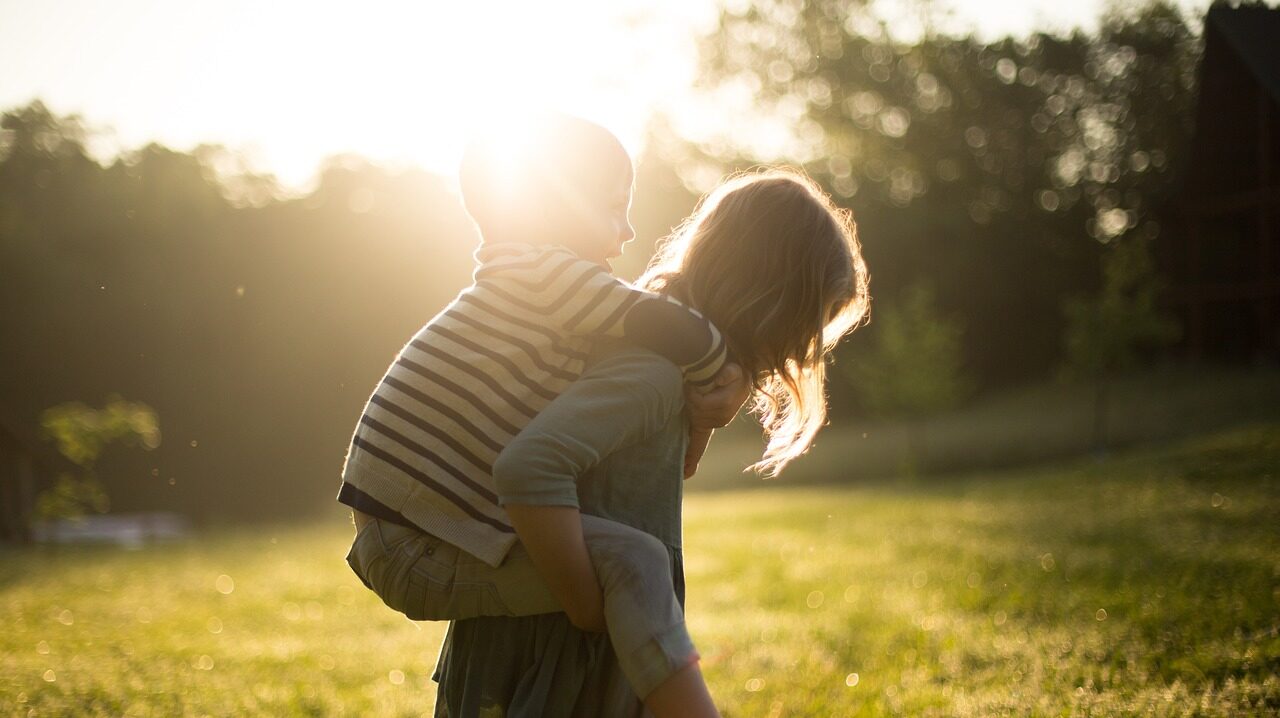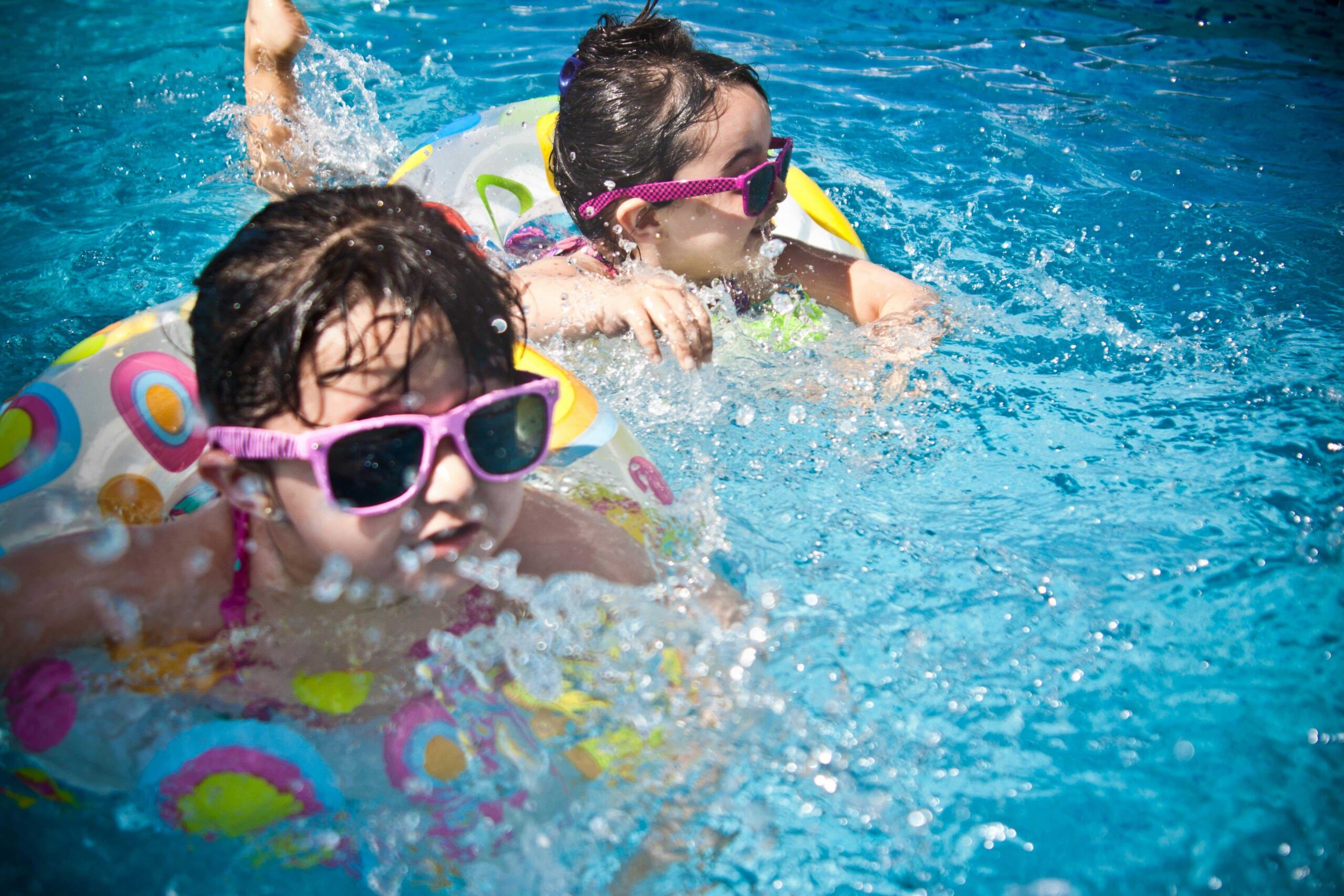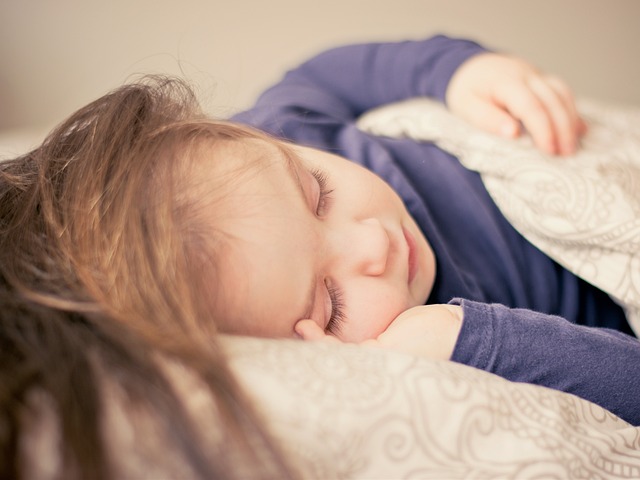One of the most exciting things about being a parent is seeing your child smile, sit up, sing, walk, or talk for the first time.
Keeping track of your child’s progress will help you see if he or she is developing normally. Remember that “normally” includes a huge range. No two children develop at the same rate. The stages described here are guidelines only, not a set of rules. If you have any concerns, talk to your public health nurse or doctor.
Birth to Three Months
Your Child’s Body
- Raises head when lying on tummy
- Eyes follow moving objects
- Strongly moves arms and legs
- Closer to three months, can roll from tummy or back, to side
Your Child’s Feelings
- Crying is main means of communicating
- Coos, chuckles, and gurgles happily when given attention
- Smiles at people who directly smile and talk to him or her
Your Child’s Mind
- Recognizes parents’ voices, right from birth
- Responds to bell or rattle
- Observes surroundings
- Watches and plays with hands
- Relies on the use of his mouth to feel and identify things
Three Months to Six Months
Your Child’s Body
- Lifts head and pulls to sitting position when hand is held
- Sits with slight support
- Actively places hand on table when seated on adult’s lap at table
Your Child’s Feelings
- (Closer to six months) Begins to relate to other people by imitating them e.g., playing “pat-a-cake” or holding out toys to others but not letting go of them
Your Child’s Mind
- Starts to recognize faces and begins to show a preference for familiar people
- If a toy is moved from sight, thinks it no longer exists
Six Months to One Year
Your Child’s Body
- Throws toys on purpose
- Can creep on belly and then crawl – either on hands and knees, hands and feet, or by scooting along on her bottom
- When he first pulls himself up to stand, he might need help getting down
- Takes first steps and walks alone sometime between eight and 18 months
- Will be able to creep up stairs, but will often need help getting down
Your Child’s Feelings
- Is thrilled to be crawling and walking
- Loves being the centre of attention
- Starts developing a sense of humour
- Loves looking at herself in the mirror
- Gets scared around strangers – cries when parents leave
- With all the exciting changes in his life, he may have trouble sleeping
Your Child’s Mind
- Babbles – might say “Mama” or “Dada”
- Starts to recognize her name when spoken
- Loves playing “peek-a-boo” – begins recognizing that when people or things disappear, they still exist and will come back
- Is learning about “in” – placing objects inside a container
- Is learning about “letting go” – dropping a spoon on the floor and watching you pick it up
- Begins seeing himself as separate from others
One Year to Eighteen Months
Your Child’s Body
- Has lots of energy – wants to explore everything!
- Can feed herself with fingers or a spoon – very hungry and eats very quickly
- Can drink from a cup
- May climb out of his crib
Your Child’s Feelings
- Gets frustrated when she cannot express herself in words
- Cries less but whines more
- Is often not sociable with other children – may hit, push or grab them
- Impatient – wants it now!
- Favourite word is “no”
- May be too self-centred to be interested in cuddling with parents
- May want a special toy or blanket with him all the time
Your Child’s Mind
- Has a short memory – may keep turning the knobs on the stereo again and again, even if you tell him not to
- May do the opposite of what you tell her to do
- Loves shutting doors, closing books, being chased and caught
- Loves playing with shapeless materials – sand, water, play dough
- Can say “bye-bye”, giving a little wave
- Those who are starting to talk can speak in short phrases like “More Cookie” or “Where Mama go?”
- Understands much more than she can say


